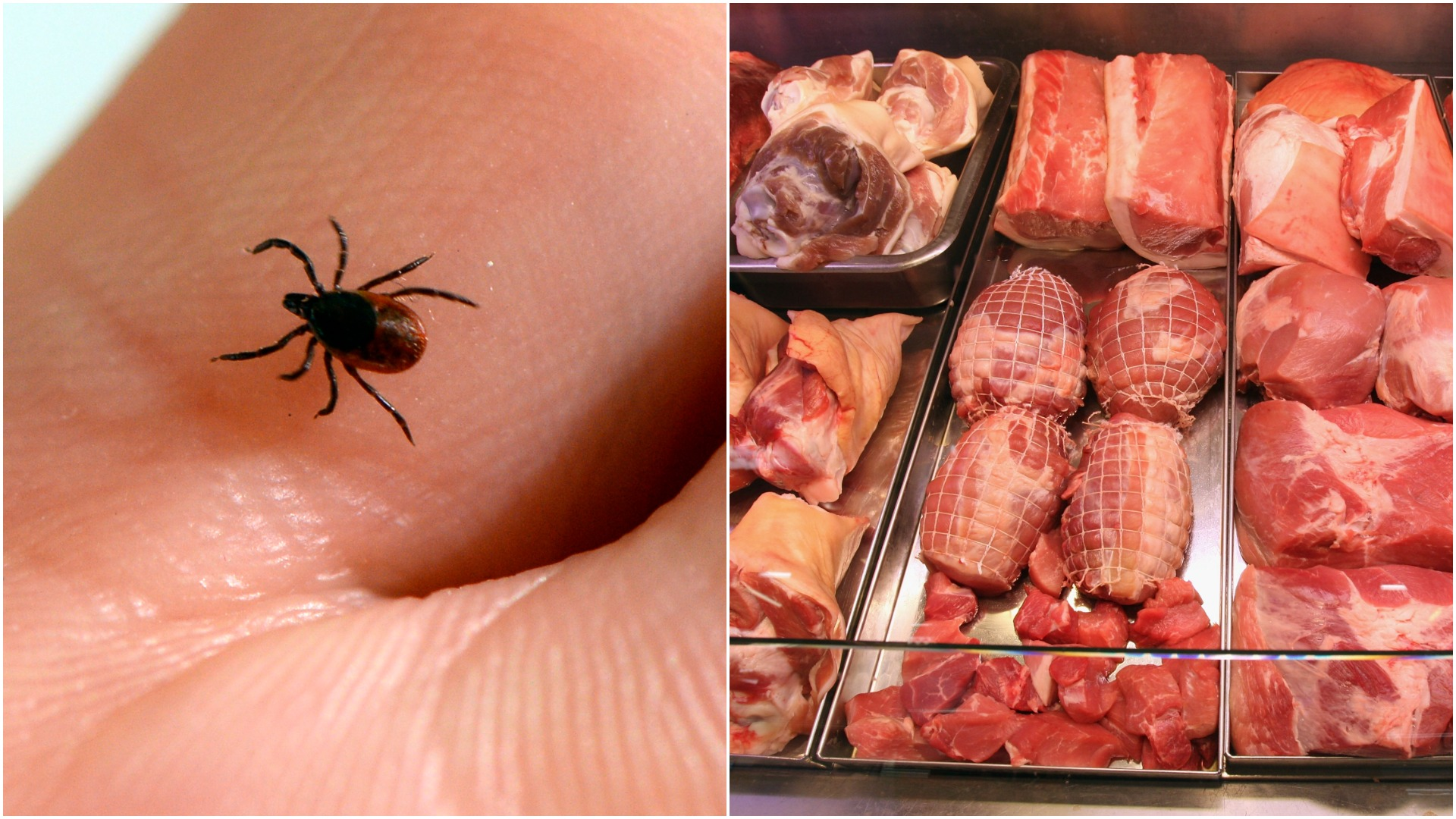This Tick's Bite Causes Red Meat Allergies—and It's Spreading
You know I love to start my week? By reading about the increasing geographic range of the Lone Star tick, an insect that is not only a blood-sucking arachnid, but can also cause a person to become allergic to red meat and dairy. Let's learn more, shall we?
For a few weeks, I've come across articles about people all over the eastern part of the U.S. who were bitten by ticks and then claimed meat allergies. It seemed too far-fetched—and horrifying—to be true, so I chalked it up to individuals' paranoia. But I can't deny their veracity any longer, as NPR's The Salt confirms that the Lone Star tick can in fact cause such allergies. And it's a growing problem.
The Lone Star tick's range is expanding from beyond the southeast United States to the entire eastern half of the country, according to Scott Commins, an allergist and associate professor of medicine at the University of North Carolina, Chapel Hill. NPR reports he was one of the first to discover the link between this particular tick species and red meat, a reaction he believes is caused by the ticks injecting a substance called alpha gal into human bodies. Our bodies aren't used to alpha gal and respond by attacking red meat and, more rarely, dairy too. Commins said there were just a dozen known cases of this allergy a decade ago; now he's aware of about 5,000.
The symptoms are baffling for people who've always eaten meat. One woman profiled in the NPR piece mentions eating an Italian sausage a few weeks after being bitten by a tick, then waking up in the middle of the night with severe hives, lightheadedness, and gastrointestinal problems. In about 15-20 percent of cases, patients report also having allergic reactions to dairy. The good news is that, according to Commins, the allergy can eventually wane if people avoid new tick bites. Personally, if it meant being able to eat cheeseburgers and ice cream again, yeah, I could give up hiking for a while.
